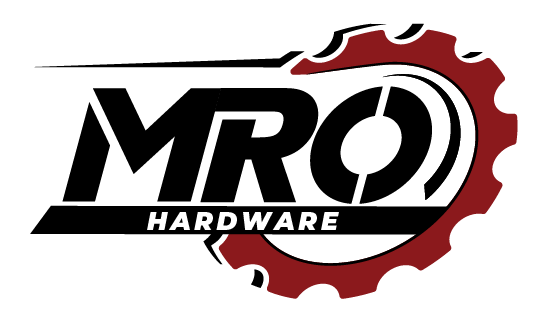In the world of industrial applications, the choice of fasteners can make a significant difference in the efficiency and longevity of machinery and structures. As we explore the advantages of specialty fasteners, we will see how these components offer enhanced performance through superior strength, durability, and resistance to various environmental factors. This capability ensures reliable connections even in demanding conditions, which is crucial for maintaining industrial productivity.

Specialty fasteners, often crafted from materials like stainless steel or titanium, provide exceptional rust and corrosion resistance. These characteristics become particularly important in environments where humidity and extreme temperatures are prevalent, as they help prevent equipment failure and extend the lifecycle of installations.
When it comes to practical applications, choosing the right fastener is essential for minimizing maintenance time and costs. Specialty fasteners are designed to provide robust connections that withstand the repetitive stress and wear encountered in industrial settings. By opting for these specialized solutions, we can ensure that our operations remain efficient and reliable, allowing us to focus on our core activities without the constant worry of unexpected downtimes.
Core Benefits of Specialty Fasteners in Industrial Applications

Specialty fasteners, including bolts, nuts, washers, and rivets, provide exceptional performance in industrial settings. These fasteners offer improved reliability, stronger resistance to harsh environments, and longer lifespan due to their unique properties and design.
Enhanced Performance and Reliability
In industrial machinery, achieving high precision and reliability is crucial. Specialty fasteners are engineered to offer superior strength and performance, ensuring components remain securely joined.
With materials like high-grade steel, these fasteners offer a tensile strength that withstands heavy loads and stress. Precision engineering in fastener design reduces the risk of mechanical failure, leading to fewer maintenance requirements and enhanced system efficiency. This heightened reliability is essential in critical applications where safety and accuracy are non-negotiable.
Durability and Longevity
Durability is a key factor in selecting fasteners for industrial applications. Specialty fasteners are crafted to withstand the rigors of demanding environments, contributing to a longer lifespan for both the fasteners and the equipment they support.
By utilizing strong materials like steel, these fasteners can resist wear and tear, thus reducing the need for frequent replacements. This durability translates into cost savings over time and ensures a stable, continuous operation, significantly decreasing downtime for repairs and maintenance.
Resistance to Environmental Factors
The ability of specialty fasteners to resist environmental factors is vital in maintaining the integrity of industrial systems. They are often coated or treated with protective finishes such as galvanization, which provides excellent corrosion resistance.
This makes them suitable for use in extreme temperatures, corrosive environments, and other harsh conditions. Materials selected for these fasteners are chosen for their ability to withstand such challenges, offering reliable protection and ensuring the fasteners—and the structures they support—remain secure and intact.
Material Choices and Industry Applications
The selection of material for specialty fasteners is crucial, as it impacts their performance, durability, and suitability for industrial applications. We explore common materials, their advantages, the significance of customization, and their utilization across key industries.
Common Materials and Their Advantages
Choosing the right material impacts resistance to corrosion, strength, and compatibility with industrial demands. Stainless steel fasteners are favored for their corrosion resistance and durability, making them suitable for both exterior and interior applications. Carbon steel fasteners offer a good balance between strength and cost-effectiveness, particularly useful when budget constraints exist.
Materials like titanium and aluminum are lighter and provide excellent resistance to extreme environments. Titanium fasteners are highly valued in the aerospace industry due to their high strength-to-weight ratio. Aluminum fasteners are also prized for being lightweight and for their inherent resistance to oxidation, providing an excellent choice for various aerospace applications.
Customization and Adaptability for Specific Applications
Specialty fasteners offer exceptional customization, allowing manufacturers to tailor solutions for specific needs. Depending on the application, these fasteners can be designed with unique features to address specialized requirements, enhancing both adaptability and performance.
Utilization in Key Industries
Many industries benefit from the versatility of specialty fasteners. The automotive industry relies on these components for secure assembly and functioning of vehicles. Their adaptability is particularly important for OE (Original Equipment) manufacturers who demand high precision.
In the aerospace industry, lightweight yet strong fasteners are integral to maintaining safety and performance, underscoring their crucial role in the industry’s consistent advancement. The construction industry similarly leverages the flexibility and reliability of specialty fasteners for various structural applications.
Europe is seeing a significant interest in advanced fasteners, driven by a growing emphasis on efficiency and technology in industrial applications. These innovations contribute to the overall growth of the market, reflected in a healthy CAGR, as the demand for customized and adaptable solutions continues to rise.

